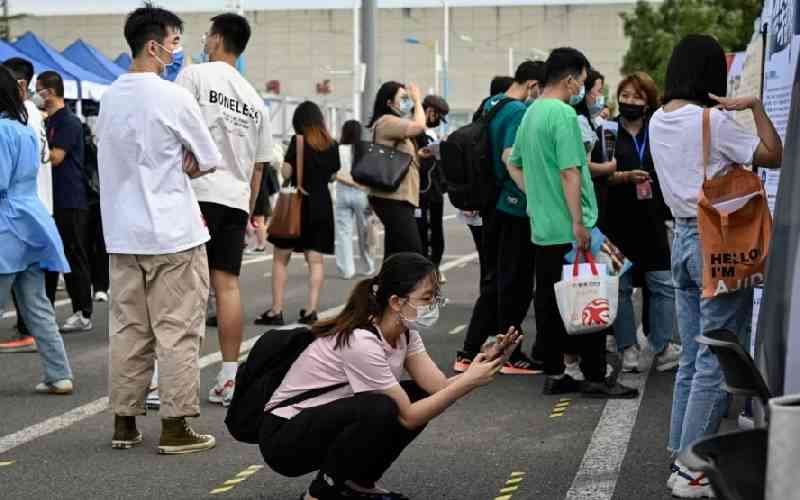×
The Standard e-Paper
Fearless, Trusted News

Life as a college graduate has not turned out as expected for Liu Chang, who graduated from Hebei University of Traditional Chinese Medicine in 2020 with a bachelor's degree in acupuncture and massage.
He has been working since 2022 in the administrative staff of a community hospital in Shijiazhuang, Hebei. Like many recent graduates in China, he has found that his salary is not enough to make ends meet. So, in September, he started a street stall to boost his income.